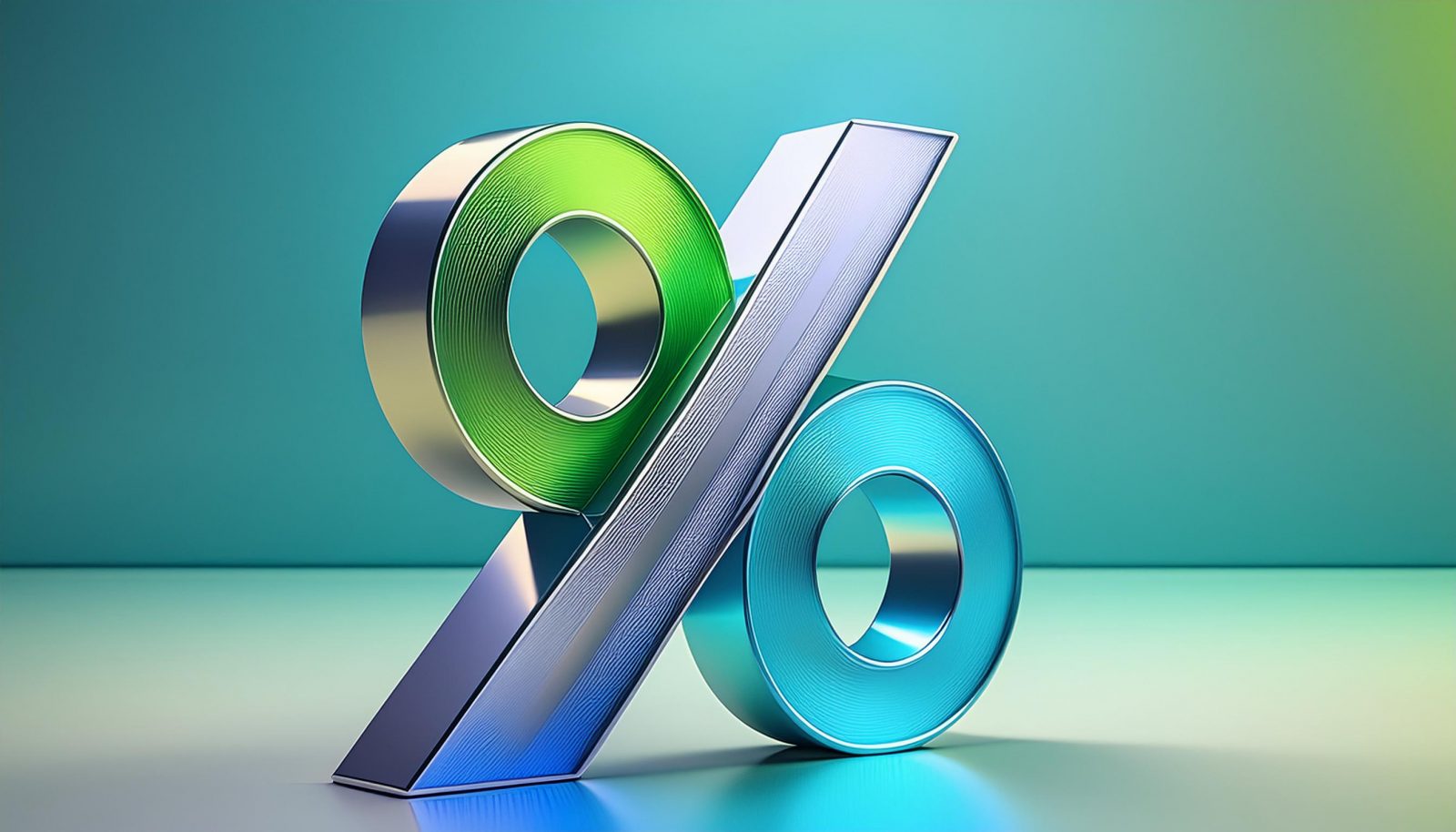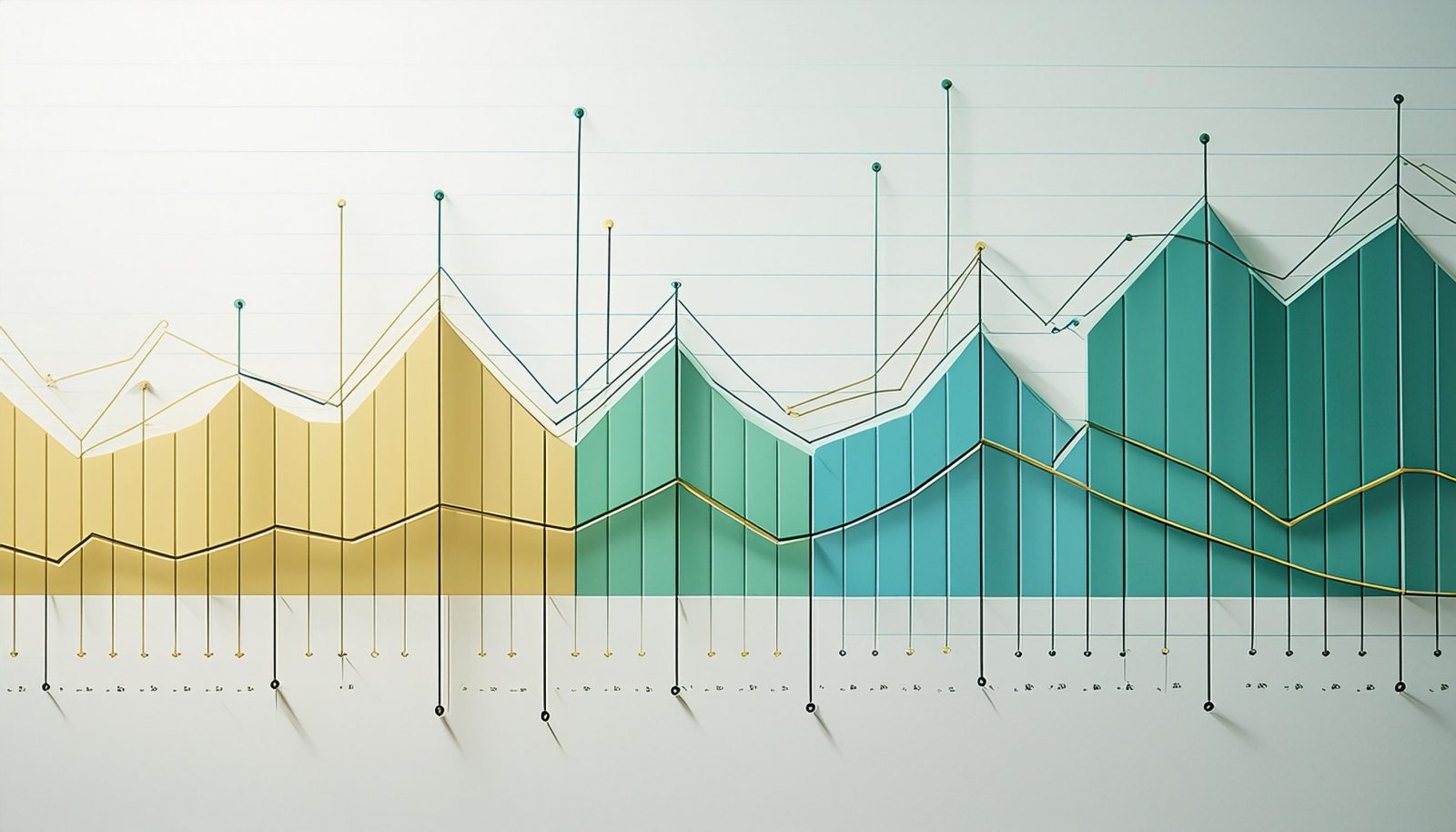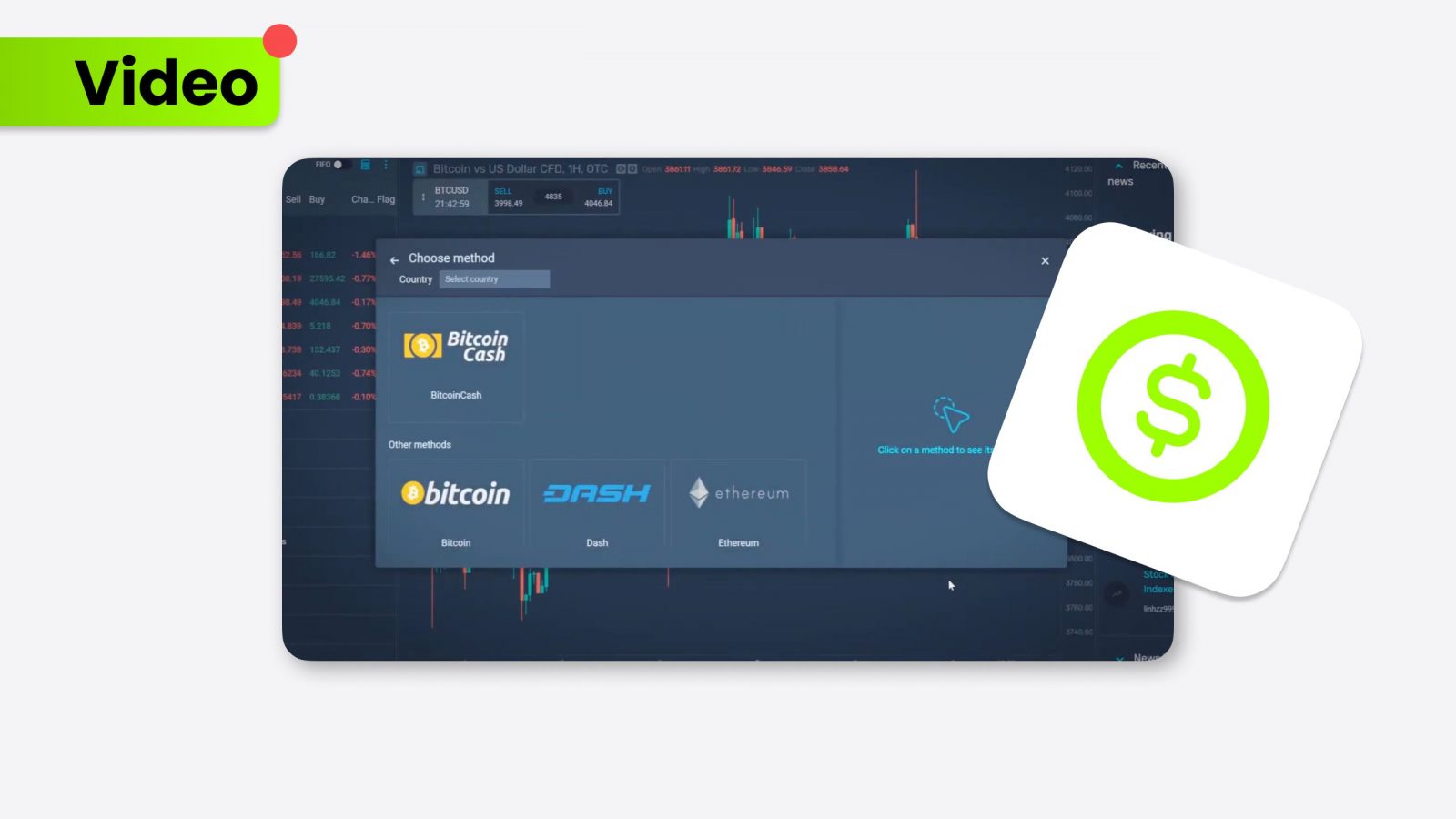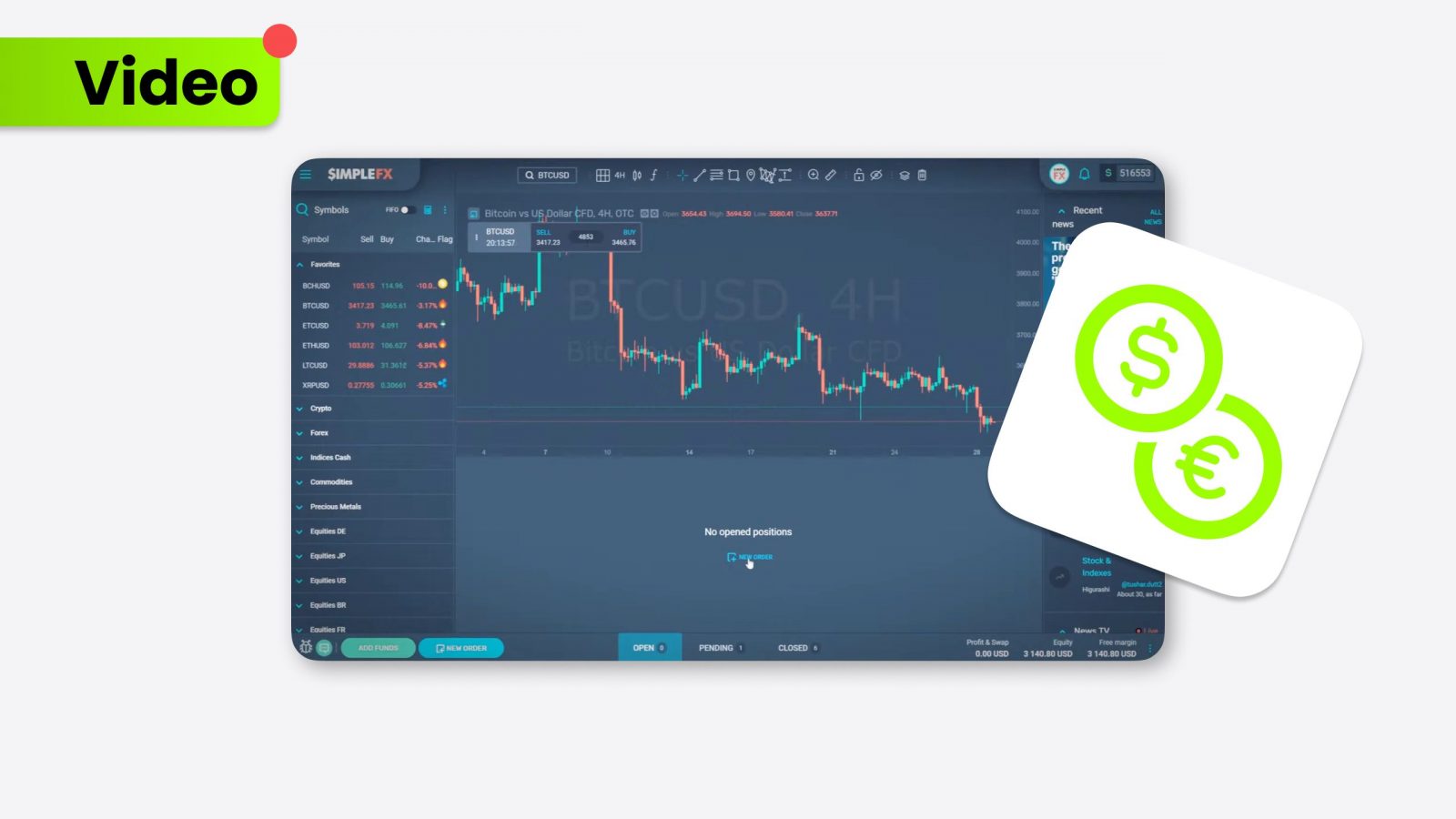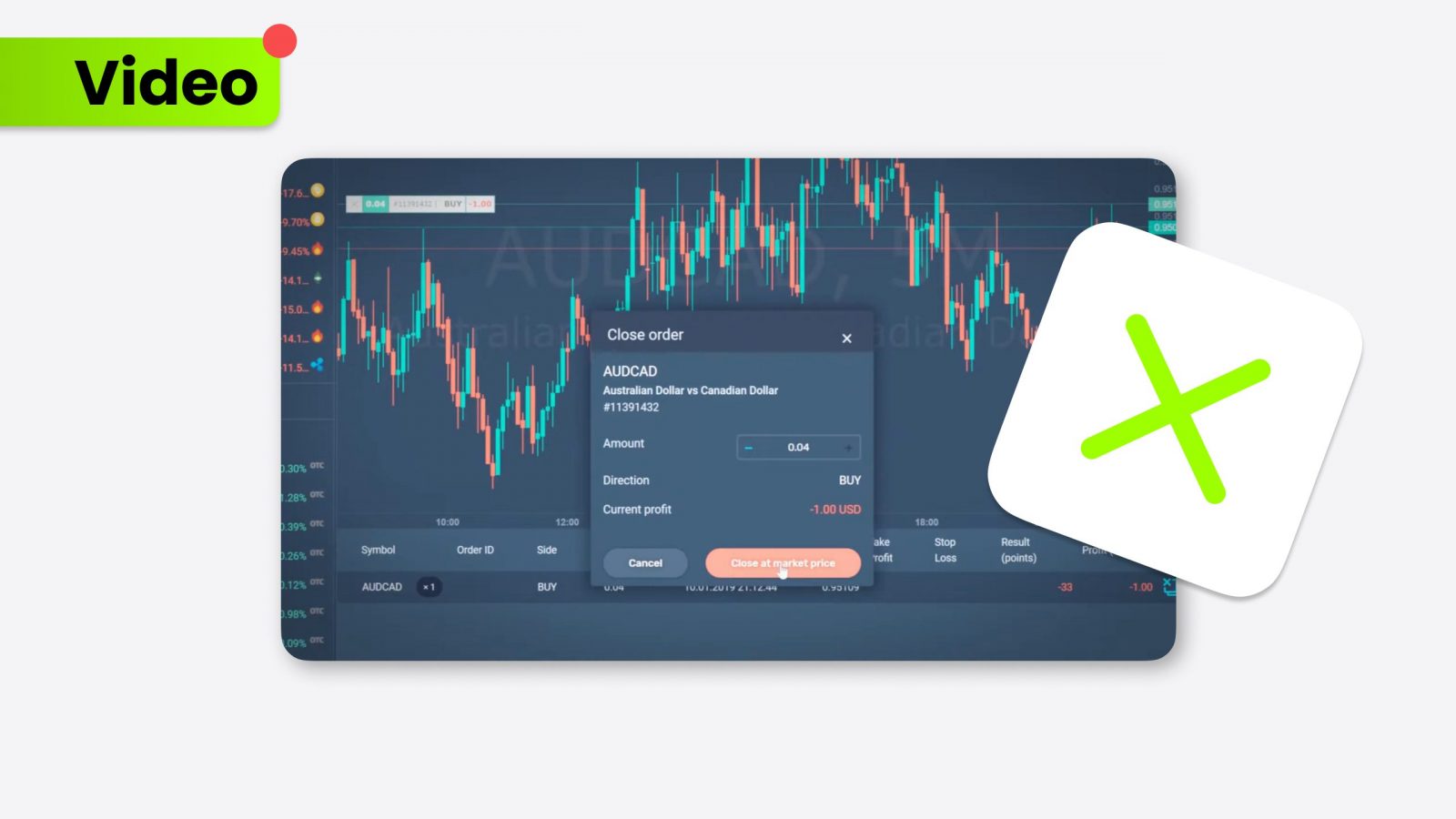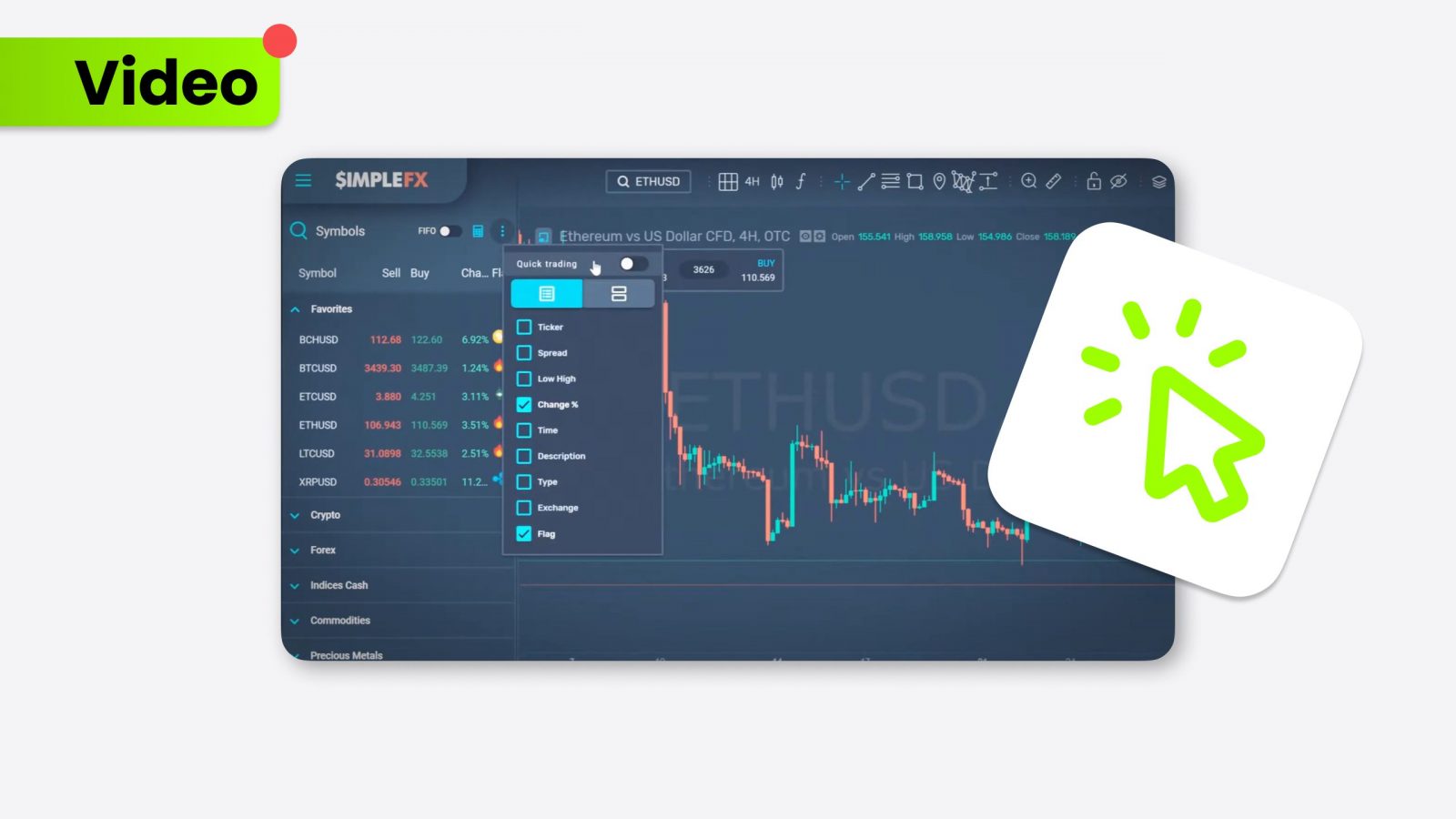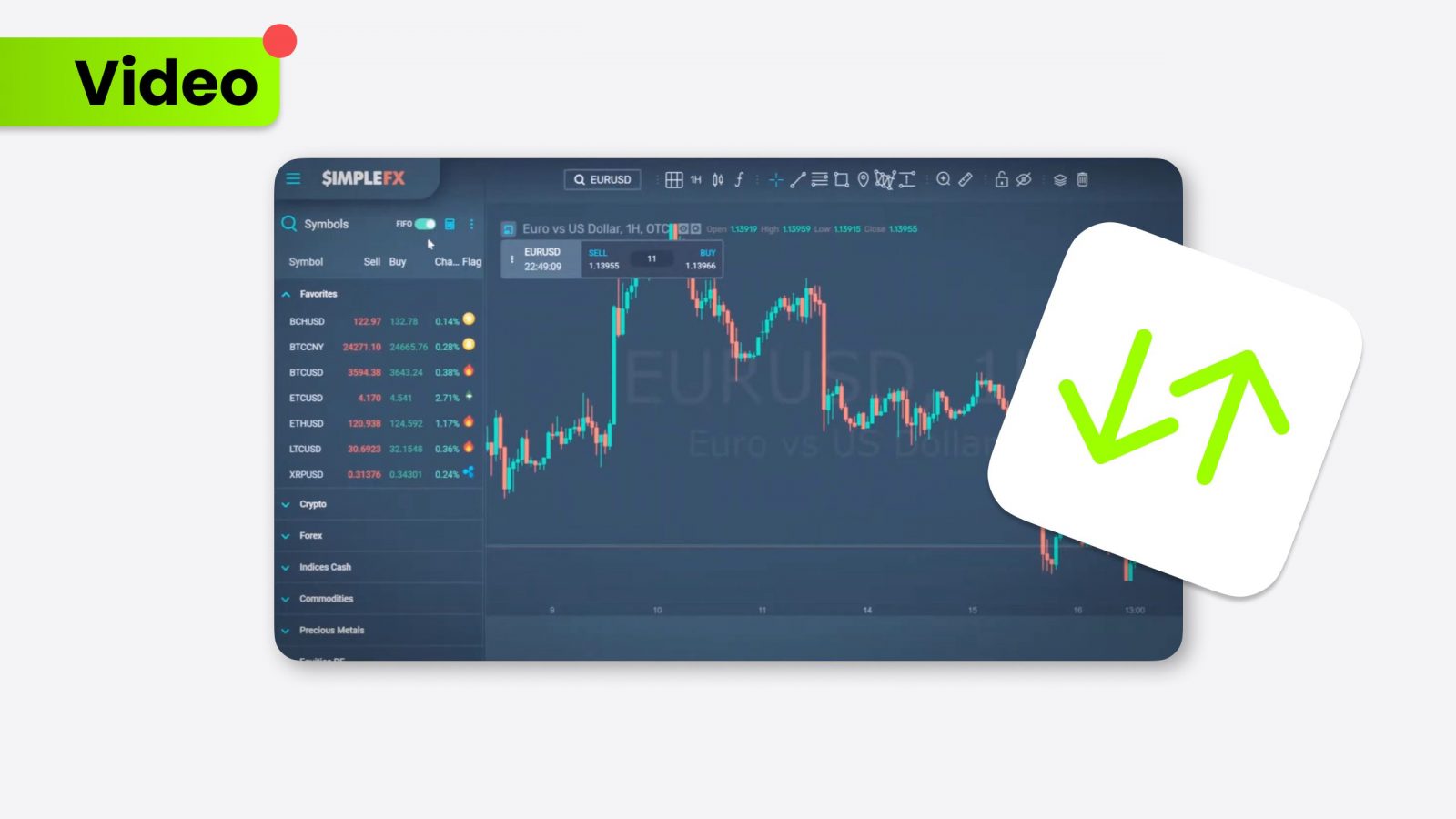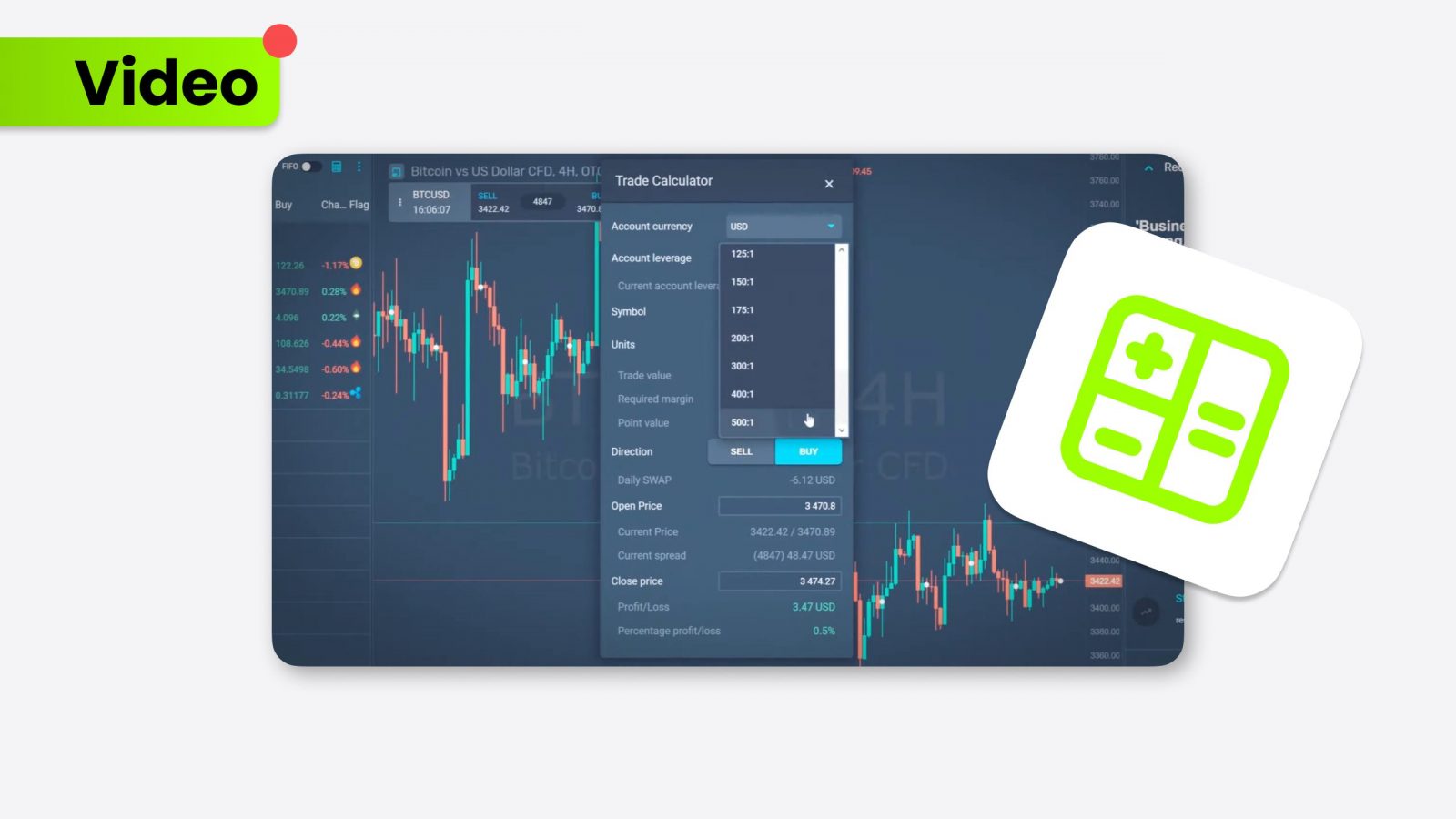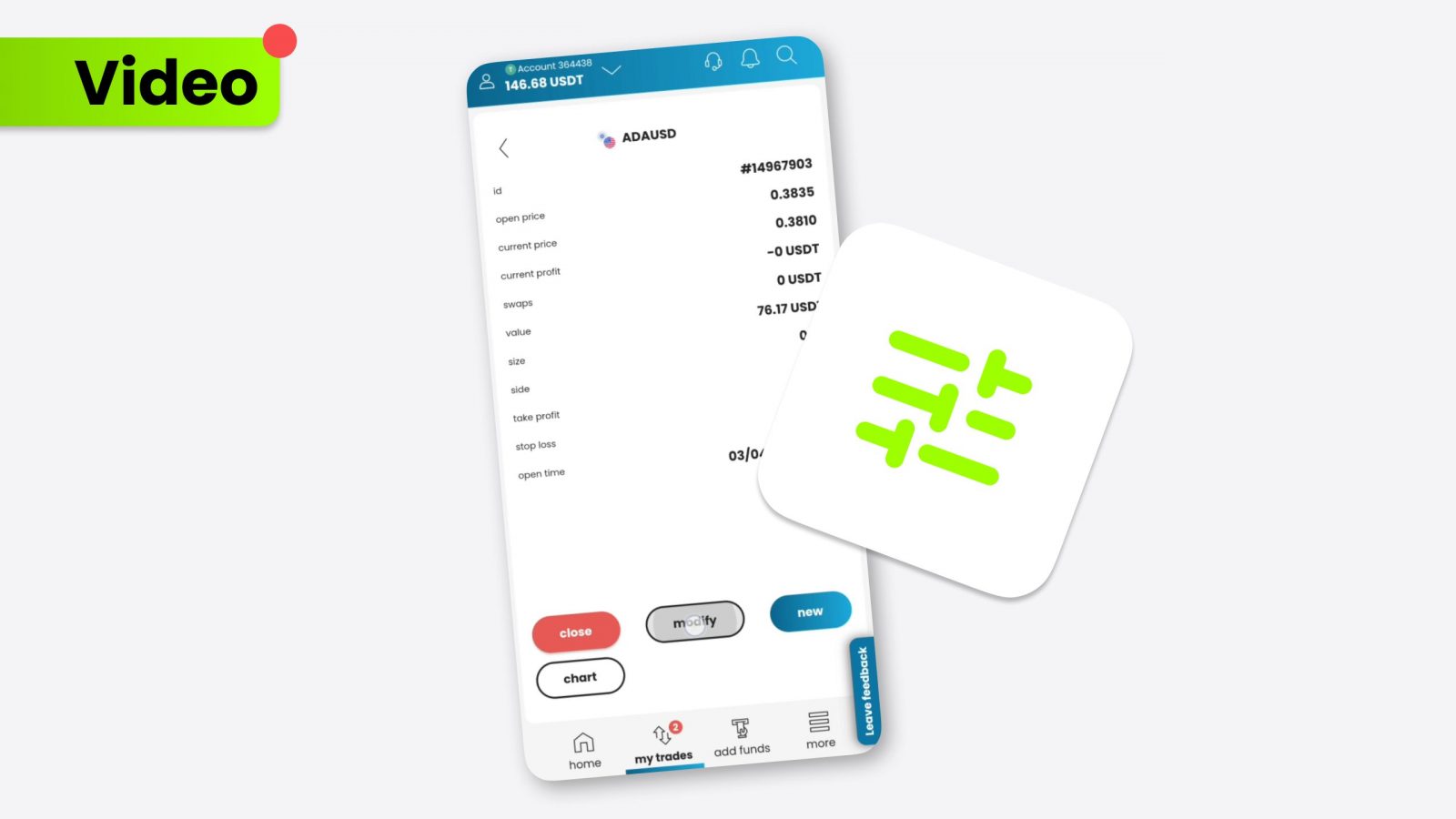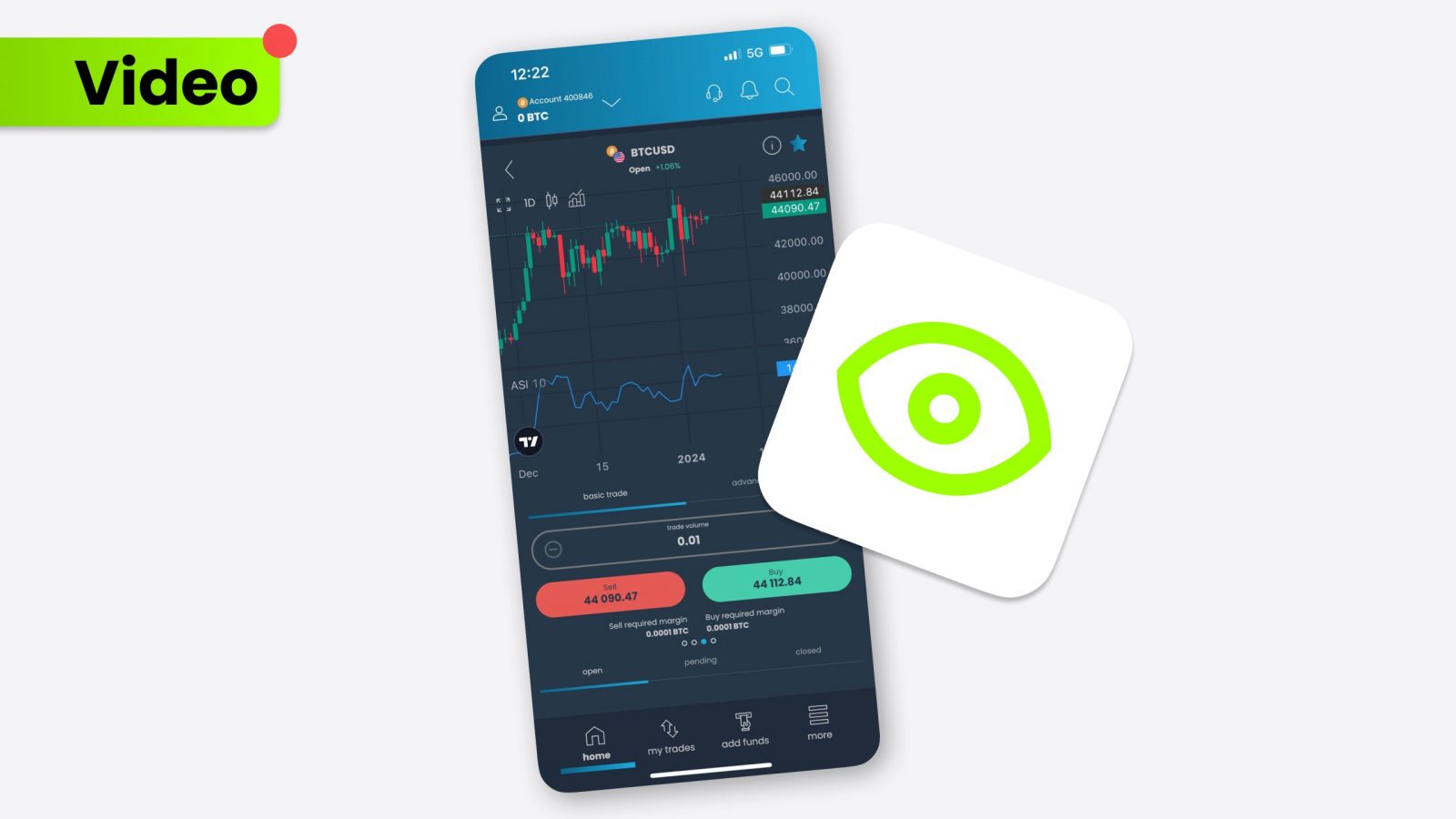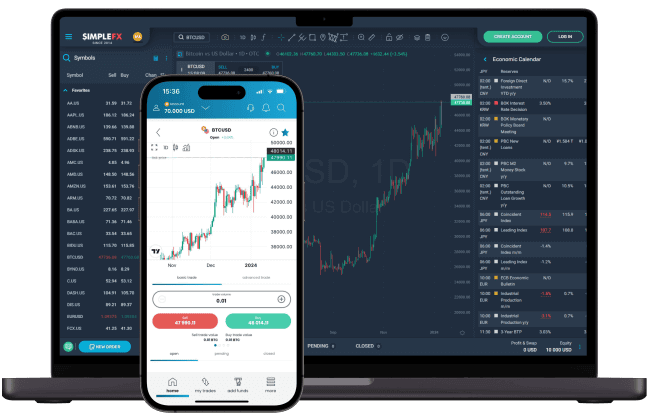The debate between forex and stock trading remains a pivotal discussion point among investors seeking the best returns on their capital. This article explores the unique aspects of each market to help traders make informed decisions.
- Examine the operational hours and liquidity of forex and stock markets.
- Understand how market volatility affects strategies in forex trading and stock trading.
Forex vs. stocks: An overview
Forex trading involves buying and selling currencies in the foreign exchange market, the largest financial market globally by volume. This market embodies the core principles outlined in forex basics, focusing on currency pair dynamics and market liquidity.
Unlike stock trading, which deals with company shares, forex operates 24 hours a day during weekdays, offering unmatched flexibility for traders across various time zones. This continuous activity can result in more trading opportunities but also introduces higher volatility than the more time-bound stock market.
Unlike stock trading, which deals with company shares, forex operates 24 hours a day during weekdays, offering unmatched flexibility for traders across various time zones.
Forex trading vs. stocks: Risk and return
When comparing forex and stocks, it’s essential to consider the potential risks and returns. Forex markets often offer high leverage, significantly amplifying gains and losses. While generally offering lower leverage, stock trading provides the opportunity to invest in tangible company assets, which can be perceived as a more stable investment.
Forex and stocks differences: Market Influence
Various factors influence forex and stock markets differently. Global economic events, interest rate changes, and geopolitical stability typically impact Forex rates. In contrast, company performance and corporate events, such as earnings releases or mergers, affect stock prices more directly. Additionally, forex traders often focus on major currency pairs like Euro to Dollar or Yen to USD. In contrast, stock traders may concentrate on different sectors within indices or individual American equities.
Forex vs. equities: Trading strategy
Forex trading strategies often focus on technical analysis and short-term price fluctuations in the forex market, capitalizing on the rapid movements of currency pairs. In contrast, equities traders might concentrate on long-term growth, evaluating the fundamentals of American equities and indices to identify stable investments with potential for appreciation.
These distinct approaches reflect the differences in market dynamics and the specific characteristics of the forex and stock markets, where forex provides high liquidity and the equities market offers opportunities tied to economic indicators and corporate performance.
Conclusion
Choosing between forex and stocks depends on an individual’s trading style, risk tolerance, and investment goals. Both markets offer distinct advantages and challenges, from the high liquidity and leverage in forex to the broad diversification opportunities in stocks. Understanding these differences is crucial for developing a tailored investment strategy that aligns with personal financial objectives.









